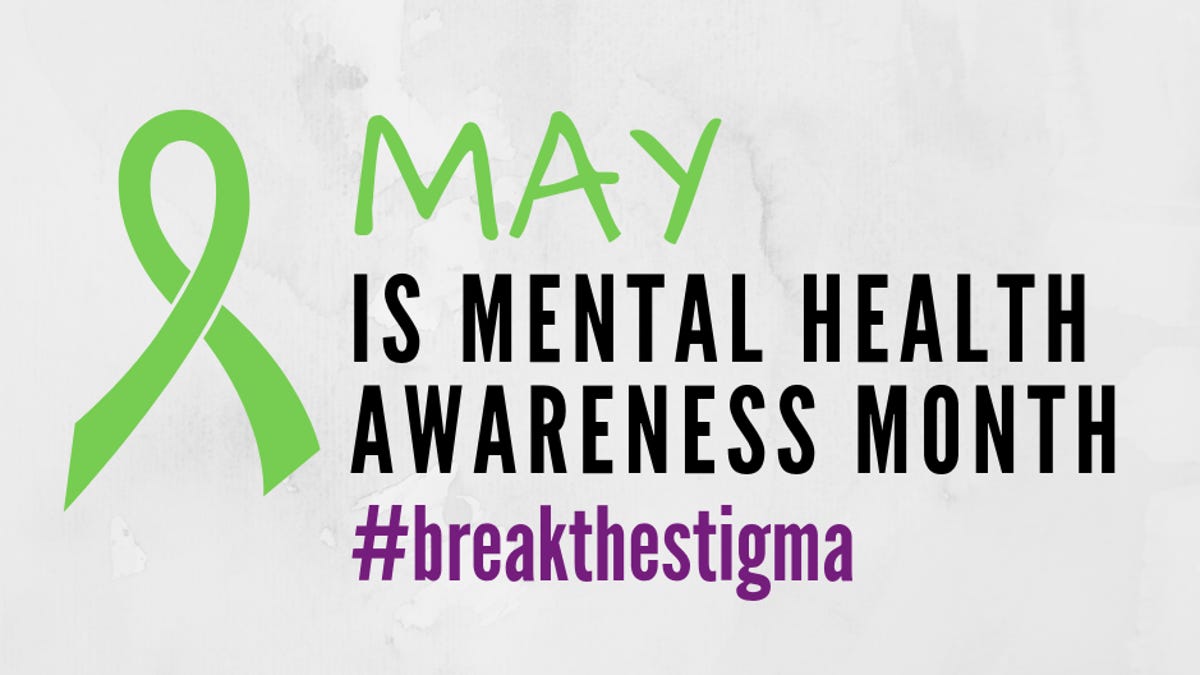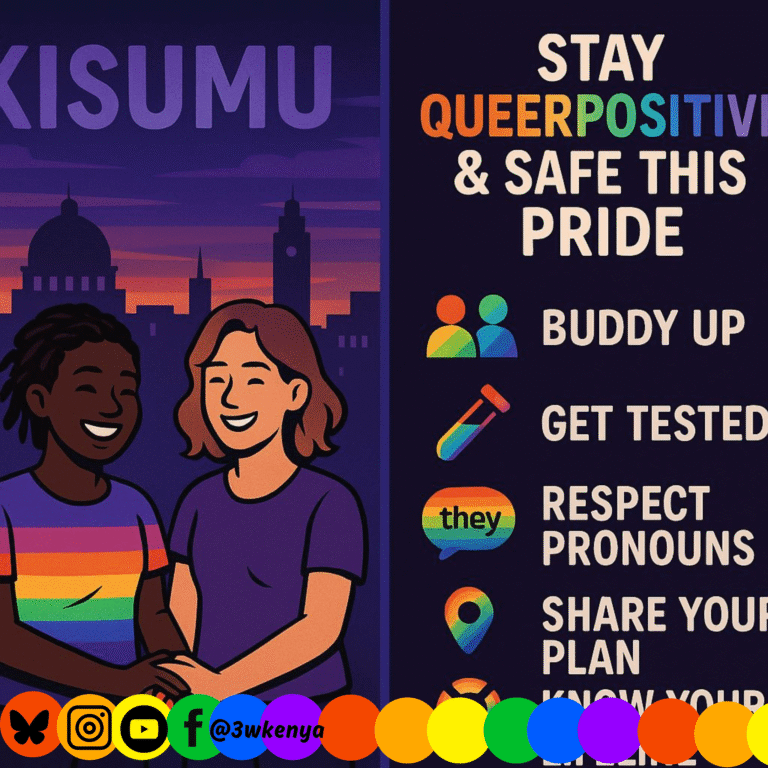STAMP OUT MENTAL ILLNESS STIGMA!
Mental illnesses are health conditions involving changes in emotion, thinking, or behavior (or a combination of these). Mental illnesses are associated with distress and/or problems functioning in social, work, or family activities.
Stigma is when someone views you in a negative way because you have a distinguishing characteristic or personal trait that’s thought to be, or actually is, a disadvantage (a negative stereotype). Unfortunately, negative attitudes and beliefs toward people who have a mental health condition are common.
Sometimes stigma may be unintentional or subtle, such as someone avoiding you because the person assumes you could be unstable, violent, or dangerous due to your mental illness. You may even judge yourself. Stigma can lead to discrimination. Discrimination may be obvious and direct, such as someone making a negative remark about your mental illness or your treatment.
For people with mental health issues, the social stigma and discrimination they experience can make their problems worse, making it harder to recover. It may cause the person to avoid getting the help they need because of the fear of being stigmatized.
Some of the effects of stigma include:
- Feelings of shame, hopelessness, and isolation
- Reluctance to ask for help or to get treatment
- Lack of understanding by family, friends, or others
- Fewer opportunities for employment or social interaction
- Bullying, physical violence, or harassment
- Self-doubt – the belief that you will never overcome your illness or be able to achieve what you want in life.
Here are some ways you can deal with stigma:
- Get the mental health treatment you need. Try not to let the fear of being labeled with a mental illness stop you from getting help.
- Do not believe it. Sometimes, if you hear or experience something often enough, you start to believe in yourself. Try not to let other people’s ignorance influence the way you feel about yourself. Mental illness is not a sign of weakness and is rarely something you can deal with on your own. Talking about your mental health issues with healthcare professionals will help you on your road to recovery or management.
- Do not hideaway. Many people with mental illness want to isolate themselves from the world. Reaching out to people you trust – family, friends, coaches, or religious leaders – can mean you get the support you need.
- Connect with others. Joining a mental health support group – either online or in-person – can help you deal with feelings of isolation and make you realize that you are not alone in your feelings and experiences.
- You are not your illness. Do not define yourself by your illness as other people might. Instead of saying ‘I’m schizophrenic’, say ‘I have schizophrenia’. There is power in language.
- It’s not personal. Remember that other people’s judgments often come from a lack of understanding rather than anything else. These judgments are made before they get to know you, so do not believe that their views have anything to do with you personally.
Others’ judgments almost always stem from a lack of understanding rather than information based on facts. Learning to accept your condition and recognize what you need to do to treat it, seeking support, and helping educate others can make a big difference.



